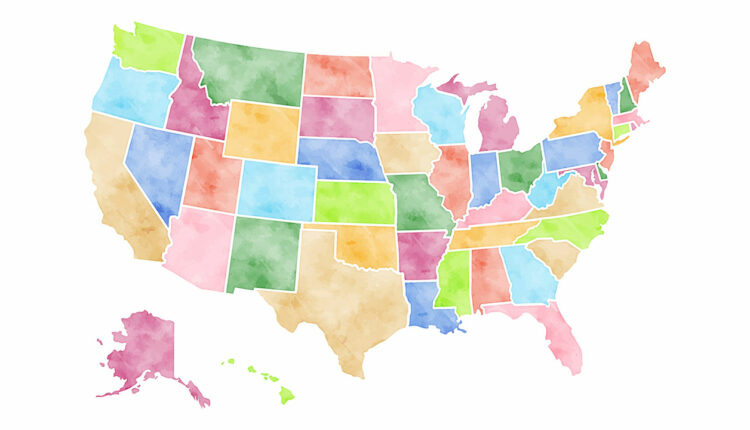
Expanding Dental Horizons: Colorado and Minnesota Join the Dentist and Dental Hygienist Compact
In a significant development for the dental profession, Colorado and Minnesota have joined the Dentist and Dental Hygienist Compact, becoming the eighth and ninth states to participate. This compact, aimed at supporting license portability, allows dental professionals to practice across participating states without the need to obtain individual licenses in each one. This move has been hailed as a major step forward in addressing workforce shortages and enhancing professional mobility within the dental field.
Understanding the Dentist and Dental Hygienist Compact
The Dentist and Dental Hygienist Compact is an interstate agreement designed to streamline the licensure process for dental professionals. By allowing dentists and dental hygienists to practice in multiple states without undergoing separate licensure processes, the compact aims to reduce administrative burdens and increase workforce flexibility. This initiative is particularly beneficial for military spouses and professionals who frequently relocate, ensuring they can continue their practice without significant delays.
The compact is governed by a commission composed of representatives from each member state. This commission is responsible for overseeing the implementation of the compact, ensuring compliance with its terms, and addressing any issues that arise. With Colorado and Minnesota now on board, the compact’s reach is expanding, potentially setting the stage for more states to join in the near future.
Impact on Dental Professionals
Proponents of the compact suggest that it empowers dental professionals to experience ease and freedom as they build their careers. The compact allows dentists and hygienists to avoid the time-consuming and often costly process of obtaining multiple licenses. Instead, they can rely on their existing credentials to practice in any participating state. This is particularly advantageous in times of workforce shortages, as it enables dental professionals to move to areas with greater demand without bureaucratic obstacles.
The ability to pursue career opportunities in different states may also provide diverse experiences and more job opportunities, which may lead to higher job satisfaction and better retention rates within the profession.
Not everyone is on board with implementing interstate compacts. One of the primary concerns is the potential erosion of state regulatory authority. The compact’s governing commission has the power to pass rules that carry the weight of state law, which could undermine local control over dental practice standards.
States may also face additional fees and taxes implemented by the commission, which may impact annual budgets. In addition, there are concerns about maintaining consistent quality of care across states. Differences in state-specific licensure requirements and standards could lead to variations in the quality of dental services provided.
Critics argue that there are insufficient data on the demand for multi-state licensure among dental professionals. Without clear evidence of widespread demand, some view the compact as a solution in search of a problem.
Role of National Organizations
The compact has received support from several national organizations, including the American Dental Association (ADA) and the American Dental Hygienists’ Association. These organizations argue that the compact will reduce the burden of obtaining multiple licenses and help dental professionals contribute more effectively to the workforce.
The Council of State Governments (CSG) and the American Association of Dental Boards (AADB) have put forth competing proposals for the compact. The CSG’s proposal, which has gained significant support, includes the creation of a new governing agency with the authority to pass rules and levy fees. In contrast, the AADB’s proposal focuses on utilizing existing structures and avoiding additional financial burdens on states and professionals.
The Future of the Compact
The addition of Colorado and Minnesota to the Dentist and Dental Hygienist Compact marks a significant step forward. However, the compact’s future success will depend on how well it addresses the concerns raised by critics and whether it can demonstrate tangible benefits to the dental profession and public health.
As more states consider joining the compact, it will be essential to monitor its impact on workforce mobility, regulatory practices, and the quality of dental care. Continued collaboration among state dental boards, professional associations, and policymakers will be crucial in refining the compact and ensuring it meets the needs of all stakeholders. The American Dental Association and North Carolina Health News provide additional information.

